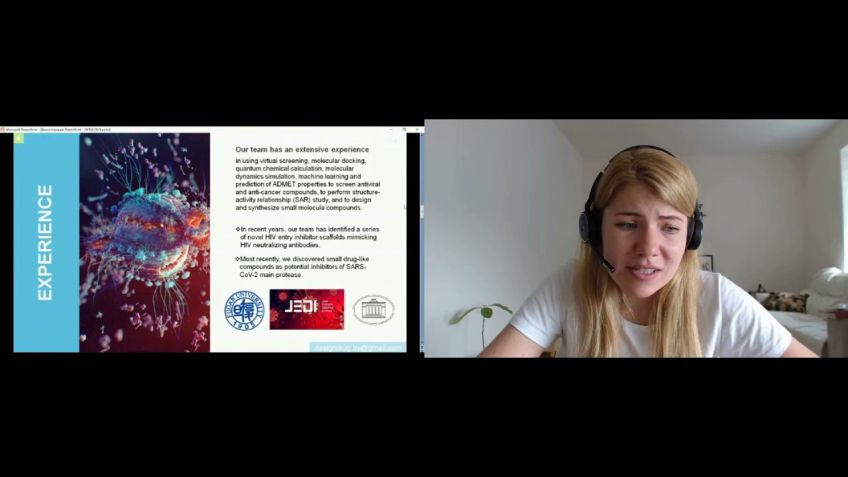- Career Path
- Computer Aided Drug Design
Computer Aided Drug Design
Career Path: Computer Aided Drug Design
Computer Aided Drug Design (CADD) is a specialized field within the pharmaceutical industry that leverages computational techniques and technologies to expedite the drug discovery and development process. Professionals in this field use sophisticated software and algorithms to simulate and optimize the interactions between drug molecules and biological targets, with the goal of designing more effective and safe pharmaceutical compounds.
As a part of the Career Paths category on the WomenTech Network job portal, those interested in pursuing opportunities related to Computer Aided Drug Design can expect to work in multidisciplinary teams alongside medicinal chemists, biologists, and other experts to identify potential drug candidates, predict their properties, and optimize their structures.
To excel in this domain, candidates should possess a strong foundation in computational chemistry, molecular modeling, and bioinformatics. Proficiency in programming languages such as Python, along with experience in utilizing computational tools and software such as Schrödinger, MOE, or AutoDock, is essential for success in the field of CADD. Additionally, a deep understanding of pharmaceutical concepts, including drug metabolism and pharmacokinetics, is crucial for designing compounds with desired properties.
With the increasing demand for innovative drug discovery and the leveraging of AI and machine learning in pharmaceutical research, a career in Computer Aided Drug Design presents exciting opportunities for individuals with a passion for computational and biomedical sciences. Joining this dynamic field can lead to impactful contributions in the development of life-saving medications and therapies.

